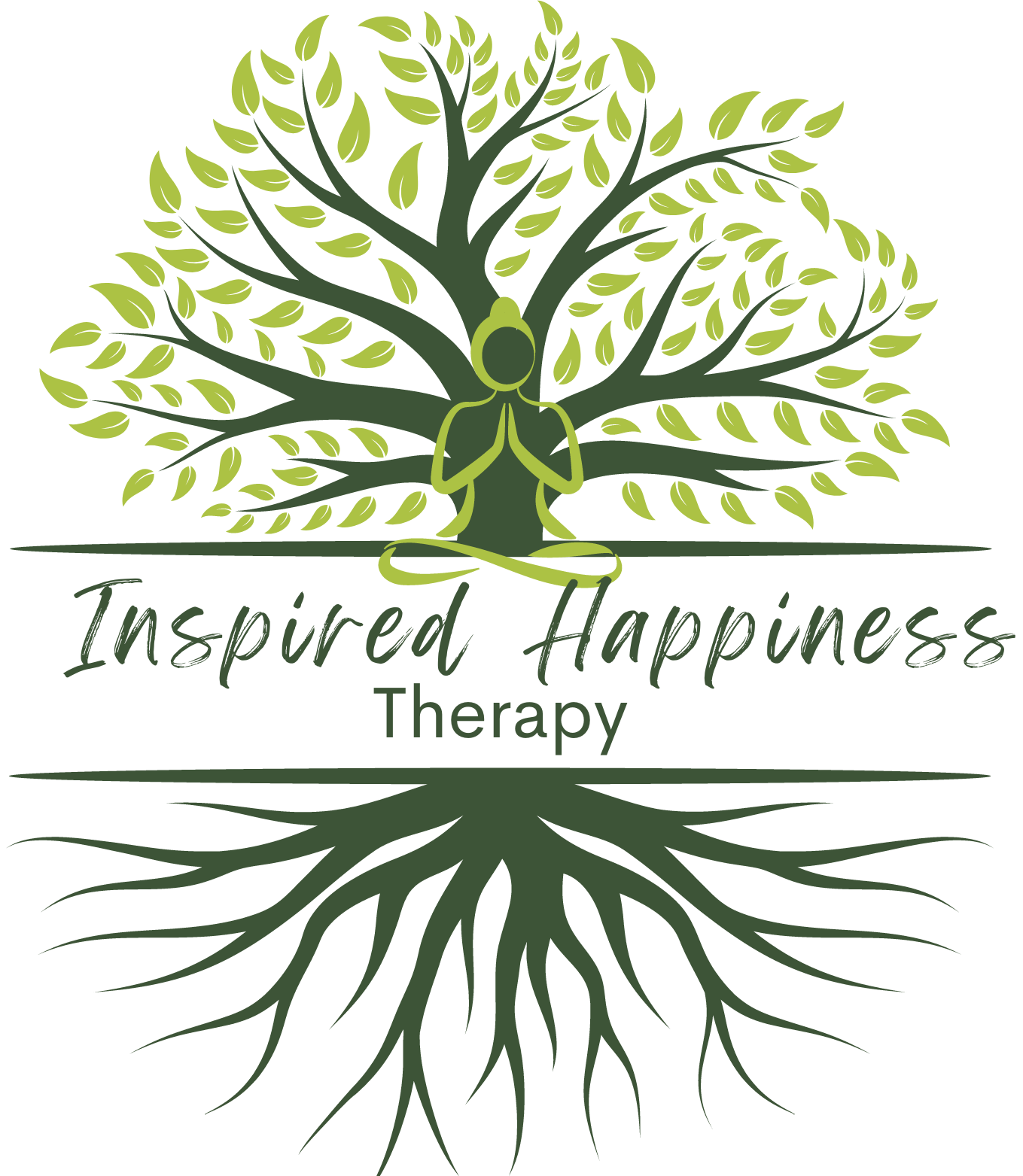What is love addiction?
Very simply, love addiction is an addiction to the feeling of being “in love”. I think that in one sense, this cheapens the word “love” and often when talking about it I put the word love in parentheses. The feeling associated with “in love” is often just the high of a new infatuation. An article in the Huffington Post, is most accurately titled “Falling in Love Affects Brain Much Like Addiction, Scientists Say”. I think it should be the opposite really, drugs affect the brain much like love. The article says: “Intense passionate love uses the same system in the brain that gets activated when a person is addicted to drugs,” said study co-author Arthur Aron, a psychologist at the State University of New York at Stony Brook.”
What this means for the love addict is often a pattern of short, intense relationships; because he or she (for ease of reading I will use “she” throughout this post) does not realize that what is felt in the beginning of a relationship is a high and not actually “in love.” It can create a pattern unique to love addicts: finding “the one” and falling “in love”, being consumed with thoughts of them so that she can barely eat or sleep, having an inappropriately quick and intense courtship, moving in with them full of plans of being together forever, and eventually walking up in bed next to a virtual stranger whom she often does not love or even particularly like. I call it, “chasing the high.”
At that point, red flags ignored during the “in love” portion of the relationship become clear. Things like a partner’s drug or alcohol addiction; anger problems; inability to process emotions; trouble with intimacy; and huge age, political, religious, geographic and/or lifestyle differences; etc.) Once identified, these problems are then rationalized away by deciding that they were not “the one” as previously thought. The love addict promptly “falls in love” with someone else, usually before extricating herself from the current relationship.
This can all be even further complicated by codependency. If you think you may be codependent or a “love” addict, the first and most important thing to remember is that there is hope. Recovery is possible. It may not be easy, or quick, or fun, and sometimes it may actually feel worse than before you started trying to get better, but once you make the decision to change – change is possible.
-Sea
© 2012 Stacey E. Aldridge
